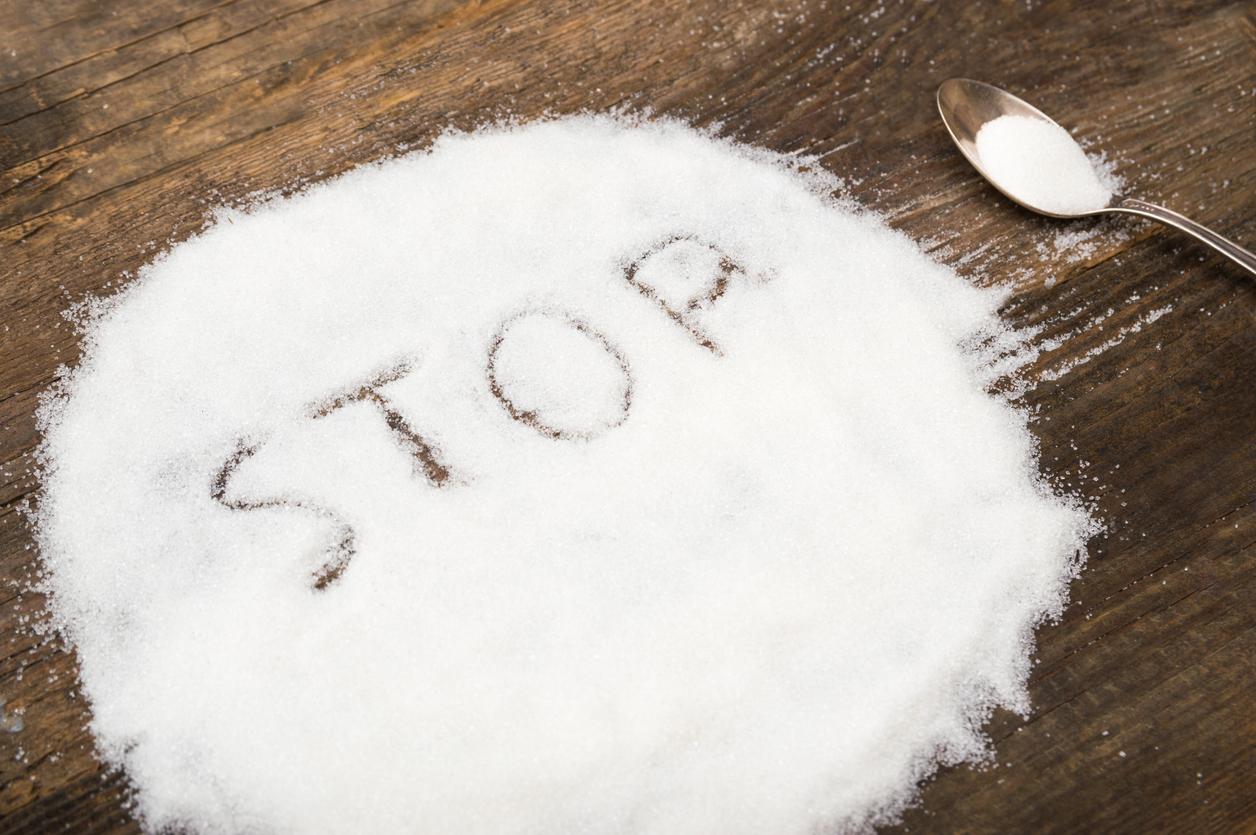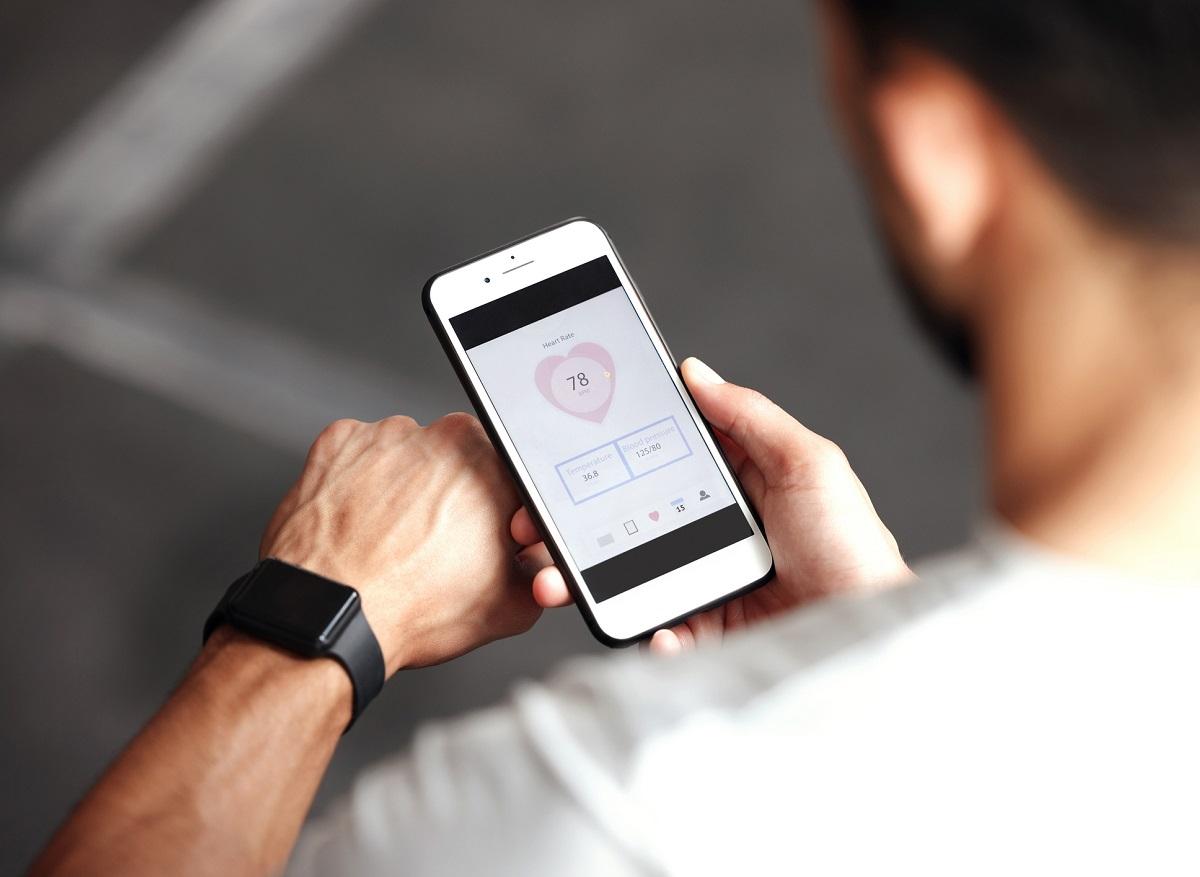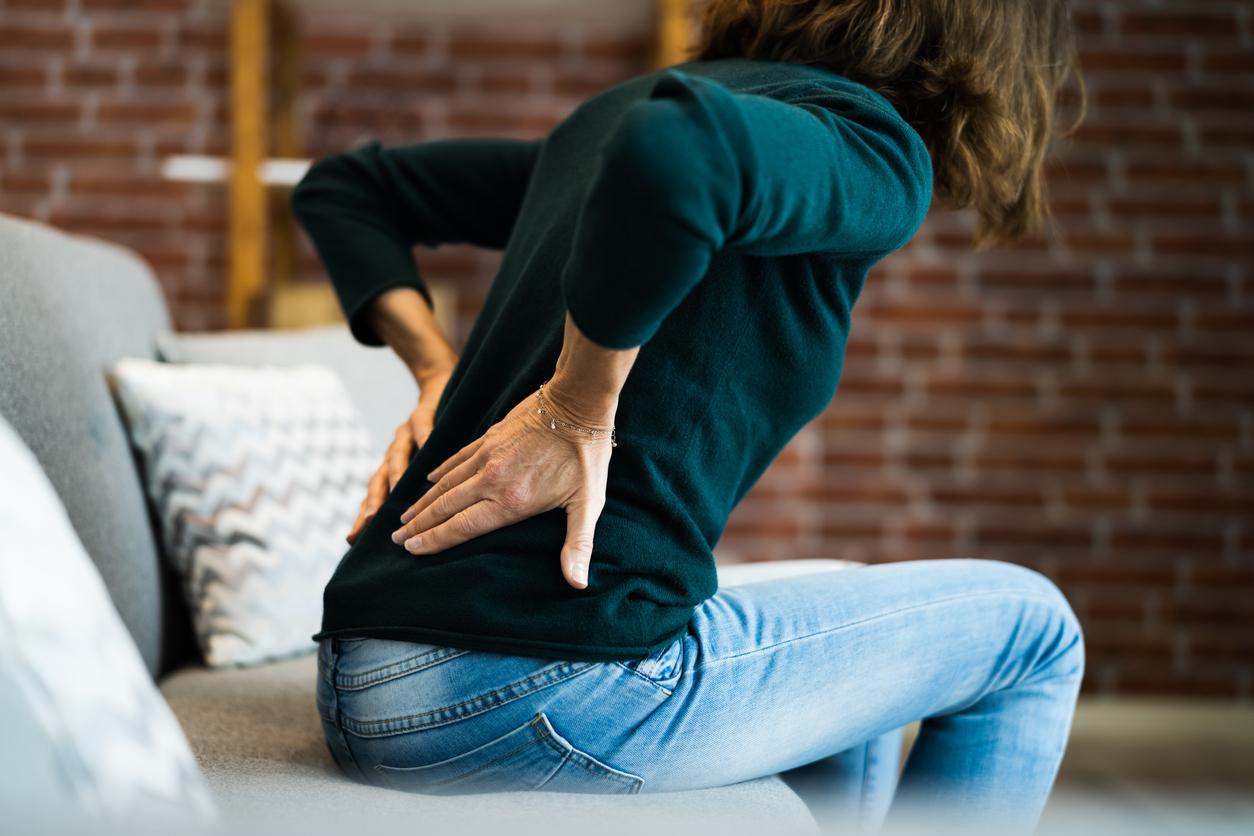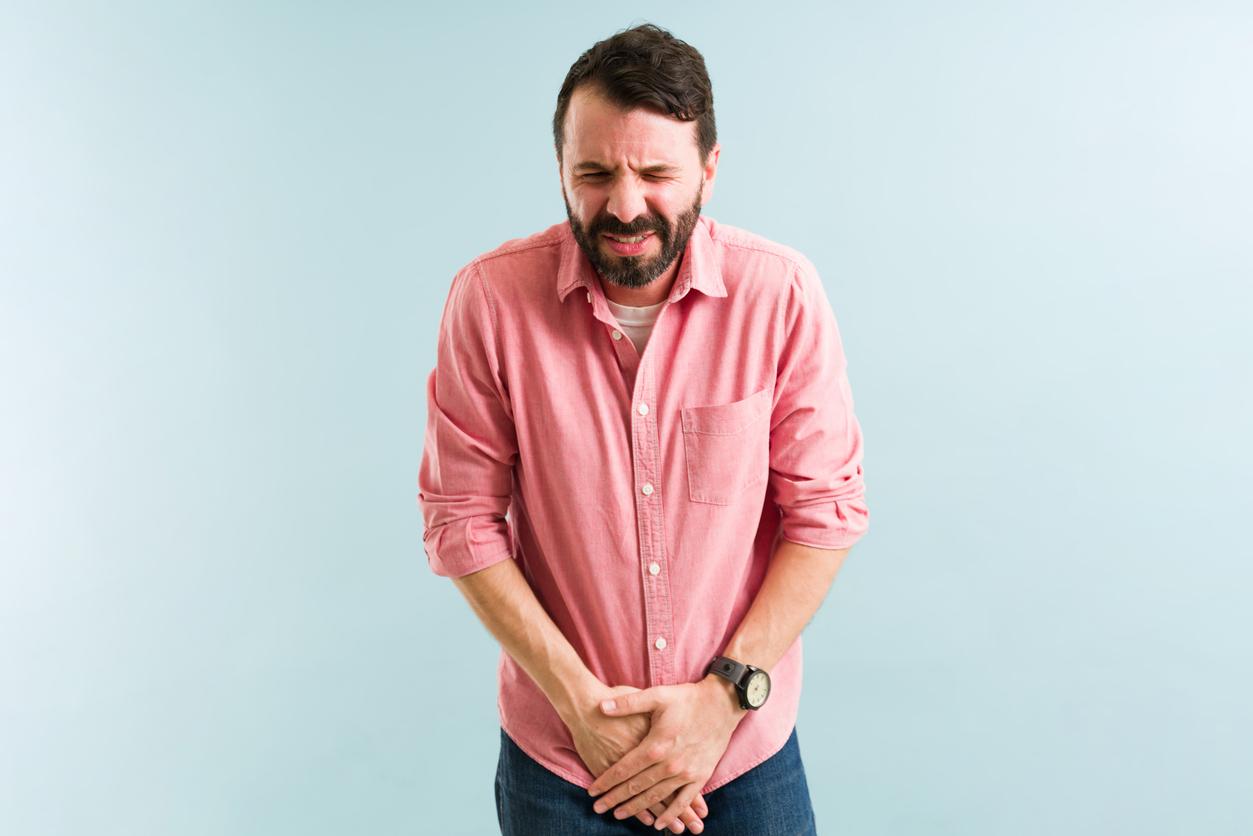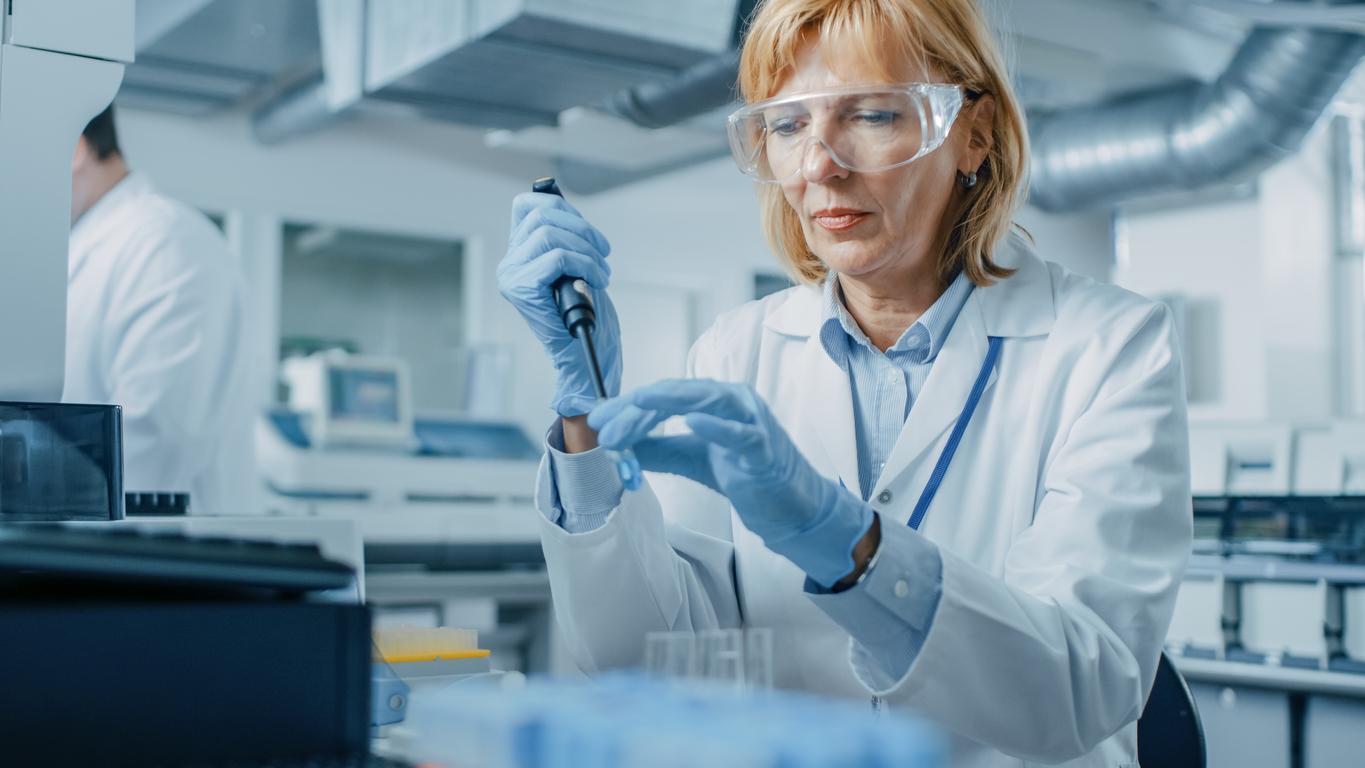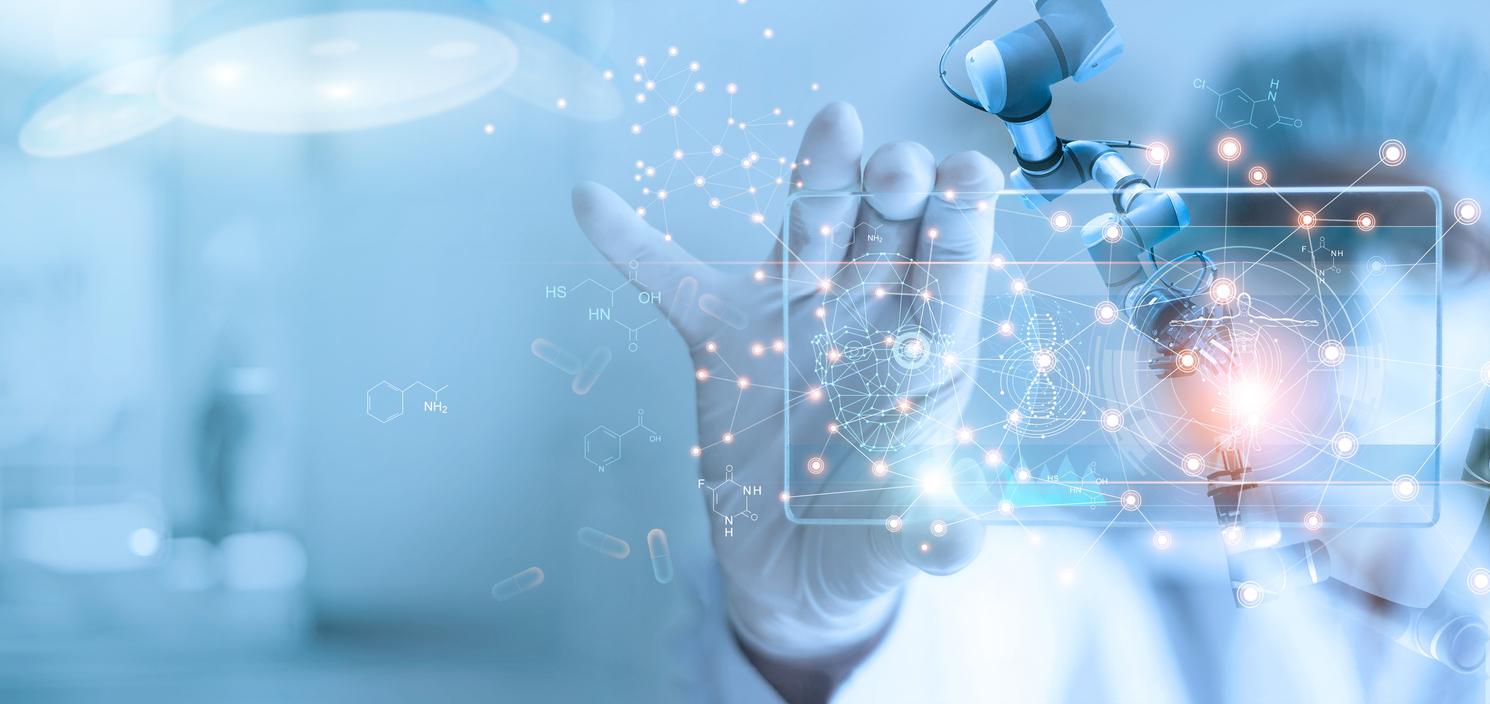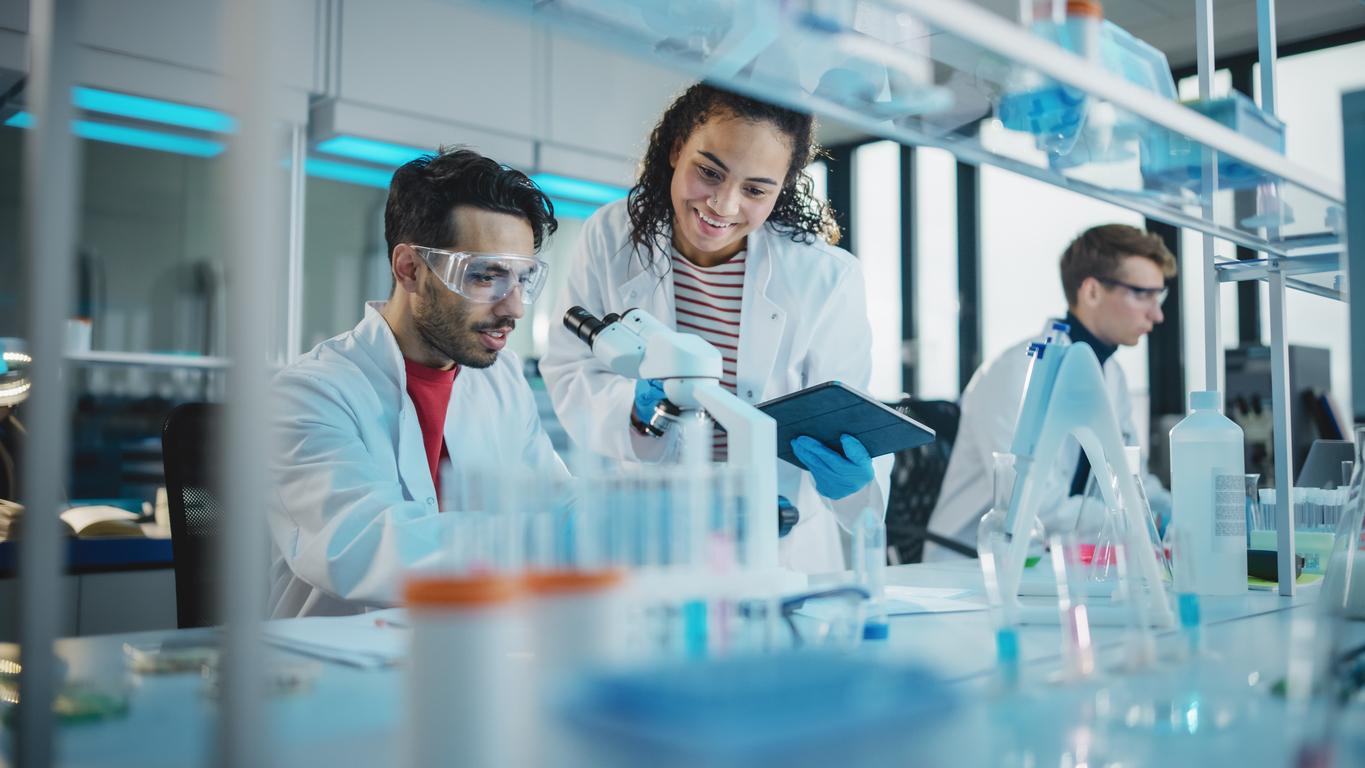The launch of the Specialized Medicine Innovation Center was announced on December 10 by the Confederation of French Medical Unions with its partners, an insurer and three players in health innovation. Dr. Stéphane Landais, general secretary of the CSMF, and vice-president of this Maison de l’Innovation answers the questions of Pourquoi Docteur.
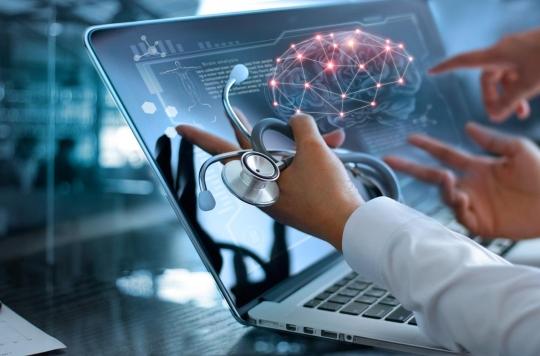
– Why-Doctor: Are connected objects in health still gadgets to monitor one’s shape or have they become daily tools in medical practice?
Dr Stephane Landais : First of all, we must remember that we are living through a revolution in the world of health. Things are moving very quickly and not just because of doctors. There are people, structures who are interested in the world of health without belonging to the medical community, people who have seen that there was a market and who are getting organized. So we are indeed seeing more and more devices, connected objects, health applications. So, do doctors use it? Yes, generalists but also specialists in their field are beginning to appropriate these objects, even if at the start, as with any innovation, there are obstacles to its acceptance. But after a very natural period of evaluation, habits are formed.
– What is the impact of their use by patients in their relationship with the doctor?
Dr SL : As far as patients are concerned, it has been said that digital technology and the internet were going to be elements that would break up the singular colloquium (the private relationship between doctor and patient in the practice, editor’s note). But these tools, beyond the initial distrust, allow patients to take responsibility, to become independent, which is always a big plus in the management of health in a global way.
Before seeing the excesses that this could entail, let’s start by seeing its applications and consequences. In this register, patients, there are all categories, addicts, geeks, and on the other side the eternal refractories. But among all these, there is a whole population which, little by little, will appropriate connected objects and which will glean information on the internet and this will be one more argument to discuss with the practitioner. At first there may be a kind of astonishment on his part, but these connected objects, digital health, this promotes the emergence of the expert patient. And the patient, he is today, with the increase in his life expectancy, well obliged to become a kind of expert: there are more and more polypathologies, more and more patients who are polymedicated and who must become experts in their pathologies. And by favoring the patient’s expertise, digital technology and the internet favor the link, the relationship with the practitioner.
– Are these objects and devices not likely to sometimes make the practitioner a little less “useful”?
Dr SL : Yes, connected objects are increasingly used. This is developing, but we are only at the dawn of a health revolution. And far from risking going too far, this will above all give the practitioner back medical time because these connected objects, the Internet, make it possible to modify the organization of the practice, these technological contributions change the practices of doctors, give them a lot more time to focus on people. So, once again, far from breaking up the singular colloquium, these innovations reinforce it: with a patient who has asked himself questions, who has inquired, we enter into a very interesting exchange.
– Can these innovations provide solutions to the serious problems facing France in terms of access to healthcare?
Dr SL : Yes of course ! There is a magnificent example revealed by the coronavirus crisis: the initial failure of teleconsultation and its immense success after three months! We went from 100,000 teleconsultations to more than a million… It’s a great success and there will be new uses that will be imposed, both on practitioners and on patients, and along the way these new expertise added to facilitating tools will improve access to care. For example, within the Maison de l’Innovation that we have just launched, we are going to create the “cabinet 2030” and this will demonstrate that a medical practice can be organized and managed in an entrepreneurial way. This will show an even more attractive aspect of the profession, contributing in this way to increasing the number of doctors settling in towns, and ultimately improving access to care.
– Is the legal framework more of a guide to good conduct in this area or a brake on innovation?
Dr SL : It’s true that in France, we like that everything is regulated, organized by great thinkers who have little experience in the field… But fortunately, the urgency means that sometimes habits are a little transformed and we have seen this clearly in the coronavirus crisis: the initiatives in the field have created an organizational tsunami which has imposed itself on the Regional Health Agencies, forcing them to become more flexible, less finicky and restrictive. Doctors went into battle unarmed, almost bare-handed, but they did, they invented solutions like “Covid centers”. This proves the agility, the responsiveness of the liberal body as a whole and it demonstrates that it is necessary to be flexible in the management of health. Of course, you have to respect frameworks. But it is also necessary to know how to remove the constraints that delay the application of decisions that can be beneficial for the patient.
– But there is still the very sensitive subject of the protection of health data. Should they be made more open to facilitate innovation?
Dr SL : I believe that we can do a good job by respecting the protection of health data. The fact remains that the first obstacle to respecting these data is the users themselves! In our practice we are constantly confronted with the fact that patients demand unsecured exchanges on the Internet, for example on the communication of test results. They who are often very picky about their individual freedoms, when it comes to their health, they care much less about it, they are completely open to less respect for the rules!
– You said at the beginning of this interview that many innovations in health are made without really being concerned with what the doctors think of them. How could they be more associated with everything concerning their practices?
Dr SL : I think there are doctors who are passionate about these techniques and who do lots of things. The problem is that these doctors who often have good ideas create start-ups to make them a reality… but these companies often struggle to get off the ground. The big difference between manufacturers and doctors is that manufacturers see the market. Doctors see the problem and the solutions, but they don’t see the market. It is from this observation that the Maison de l’Innovation was born and that the CSMF will host start-ups so that all these energies and all these professions meet, to ensure this interbreeding which will allow doctors to confront more their ideas easily with good people to study the market and make it work.
It is important that innovative health projects come to an end, in particular because many of these projects are centered on a strong idea, to allow better access to care, to ensure that everyone can, if necessary, see his doctor in good time.
.



